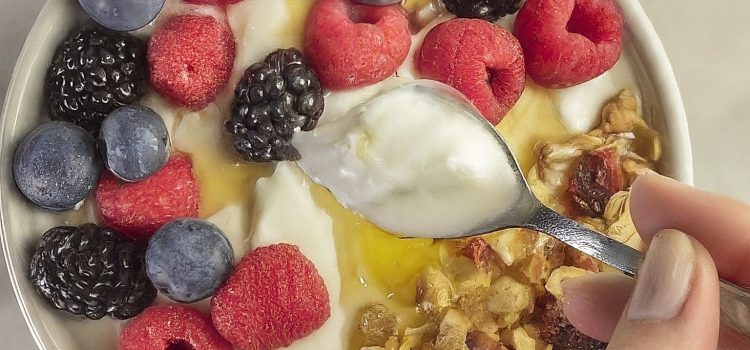
Author Introduction:
Hi everyone, I’m Sarah, a registered dietitian passionate about the power of food to influence our well-being. Today, we’ll delve into the fascinating world of “nutritional psychiatry” to explore how strategic dietary choices can be a valuable tool in managing anxiety.
Understanding Anxiety: A Quick Primer
Anxiety is a natural human response to stress. However, when it becomes persistent and interferes with daily life, it can be debilitating. This article explores how dietary adjustments can complement existing anxiety management strategies, such as therapy or medication.
The Food-Mood Connection: How Diet Affects Anxiety
Our gut microbiome, the trillions of bacteria residing in our gut, plays a crucial role in not only digestion but also mental health. Research suggests a strong link between gut health and anxiety. Certain foods can nourish these beneficial gut bacteria, promoting a calmer state of mind.
Power Players: Anxiety-Taming Nutrients
Here’s a breakdown of key nutrients that can support anxiety management:
| Nutrient | Function | Examples of Food Sources |
| Omega-3 Fatty Acids | Reduce inflammation and support neurotransmitter production | Fatty fish (salmon, tuna), flaxseeds, walnuts |
| B Vitamins | Essential for neurotransmitter production and nervous system function | Leafy green vegetables, legumes, poultry, nuts |
| Magnesium | Promotes relaxation and muscle function | Dark chocolate, avocados, bananas, whole grains |
| Prebiotics | Fuel the growth of beneficial gut bacteria | Yogurt, kefir, kimchi, kombucha |

Comparison Table:
| Refined Sugars & Processed Foods | Anxiety-Taming Foods |
| Cause inflammation and blood sugar spikes, leading to anxiety surges | Provide sustained energy, support neurotransmitter production, and promote gut health |
| Examples: Sugary drinks, white bread, pastries | Examples: Fatty fish, leafy greens, nuts, fruits |
Delectable Dishes: Sample Meal Plan for Calmer Days
Breakfast: Greek yogurt with berries, granola, and a drizzle of honey Lunch: Salmon with roasted vegetables and brown rice Snack: Sliced apple with almond butter Dinner: Chicken stir-fry with whole-wheat noodles and mixed vegetables
Beyond the Plate: Lifestyle Habits for Anxiety Relief
Remember, a healthy diet is just one piece of the puzzle. Here are some additional lifestyle practices for managing anxiety:
- Regular Exercise: Aim for at least 30 minutes of moderate-intensity exercise most days of the week.
- Mindfulness Techniques: Techniques like meditation and deep breathing can help manage stress and promote relaxation.
- Quality Sleep: Prioritize 7-8 hours of quality sleep each night for optimal mental and physical health.
The Takeaway: Building a Sustainable Approach
While dietary changes can significantly impact anxiety levels, it’s crucial to approach them with a sustainable mindset. Focus on incorporating anxiety-reducing foods into your existing dietary patterns. Remember, consistency is key! Don’t hesitate to consult a registered dietitian for personalized guidance.
Please note: This information is not intended as a substitute for professional medical advice. Always consult with a healthcare professional before making significant changes to your diet or treatment plan.










